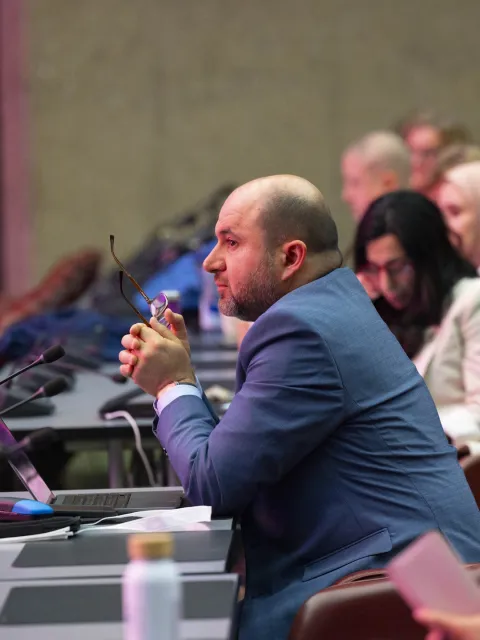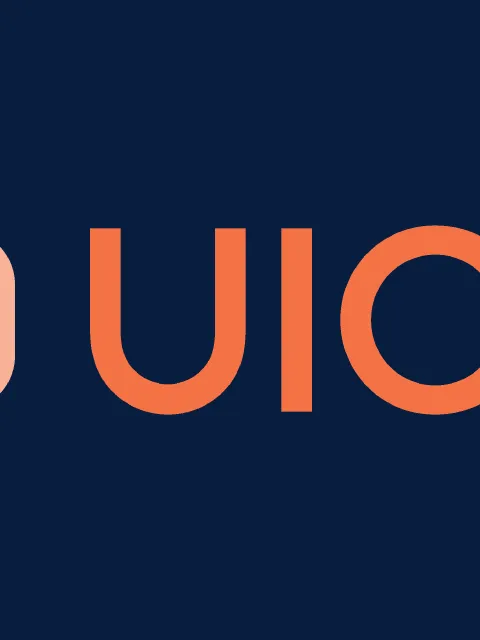How cancer organisations are coping in Turkey and Syria after the earthquakes
Following the devastating earthquakes that struck Turkey and Syria, UICC has been in touch with cancer organisations in the region and with former UICC President Prof. Tezer Kutluk about the situation for health and cancer services, and actions that can be taken to support relief efforts.

While hospitals in several cities in Turkey and Syria were damaged or collapsed, other are functioning and people in need of care are now being transported these locations.
HIGHLIGHTS
- Many areas in the regions in Turkey and Syria affected by the earthquakes suffered significant structural damage, and access to health services was limited in the aftermath of the quakes.
- The loss of hospitals and weakened infrastructure is a long-term problem that will require considerable investment. The situation in Syria, already affected by civil war, is more precarious than in Turkey, with several hospitals put out of service, placing a fragile health system under further strained.
- People in need of care and cancer patients are being transported to other locations where services are functioning.
- The Al-Amal Association for Cancer will be deploying resources to support the humanitarian emergency response and medical relief in partnership with regional and international agencies, and UICC will be exploring further with its members how it can best support efforts in the region to ensure that people living with cancer are able to access the care they need.
The two earthquakes of magnitude 7.7 and 7.6 respectively that struck northern Syria and southeast Turkey on 6 February have caused the death toll to date to rise over 50,000 – over 44,000 in Turkey and nearly 6,000 in Syria – and more than 100,000 people remain injured.
The quakes struck 11 Turkish provinces, with the cities of Hatay, Adiyaman and Kahramanmaraş (Maraş) in particular suffering extraordinary structural damage and carrying a significant proportion of the loss of life. In the initial aftermath, many areas were often difficult to access and health services were prioritised to address the crisis.
“People were in absolute shock in the face of this tragedy, with tens of thousands of people losing their lives, livelihoods, loved ones and homes. In the first week, even two weeks, there was limited electricity, water and heating. The weather was cold. The roads were closed. The people working in hospitals were themselves affected, either hurt or having lost someone close. A real disaster.”
– Prof. Tezer Kutluk, former UICC President and Professor of Pediatrics and Pediatric Oncology, Hacettepe University Faculty of Medicine.
According to Prof. Kutluk, access to the University Hospital in Maraş was blocked for two weeks while in Hatay the hospitals collapsed. In Gaziantep, Diyarbakir, Şanlı Urfa and Adana, hospitals remained functional, and people in need of care are now being transported to Ankara, Istanbul and other cities across Turkey. Cancer patients are similarly being transported to other locations.
“The wreckage is being cleared away, many are living in tent cities and container houses are being built, but for many cancer patients the story is just beginning and the long-term picture still uncertain. A lot of people have left to other provinces and it is difficult to assess how this will impact oncology and other health departments in the regions affected by the quakes.”
– Prof. Tezer Kutluk, former UICC President and Professor of Pediatrics and Pediatric Oncology, Hacettepe University Faculty of Medicine.
A lot of support is being provided by international organisations and the government remains responsible for covering health costs and providing medicines. The structural damage and loss of hospitals, however, is a long-term problem that will require considerable investments, says Prof. Kutluk.
The situation in Syria – in a region already affected by more than a decade of civil war – is more precarious, with large areas suffering significant damage due to weakened infrastructure. Several hospitals were put out of service and those still functioning overwhelmed, a situation that has made Syria’s healthcare crisis even more severe.
“Food, supplies, and medications were missing. Homes and buildings, those which did not completely collapse, were shattered, forcing people to live and sleep in the streets out of fear. Also, unfortunately, the camps of refugees (due to the war) on the border between Syria and Turkey were severely affected.”
– Dr Rami Manochakian, Program Director of Hematology/Oncology Fellowship and Vice Chair of Education in the Division of Hematology/Oncology within the Department of Medicine at Mayo Clinic Florida, in an interview with The Cancer Letter.
The Al-Amal Association for Cancer in particular, which operates several community health centres in Syria as well as Turkey, will be deploying resources to support the humanitarian emergency response and medical relief in partnership with regional and international agencies.
In the coming weeks, UICC will be exploring further with its members how it can best support efforts in the region to ensure that people living with cancer are able to access the care they need.
Last update
Thursday 02 March 2023
